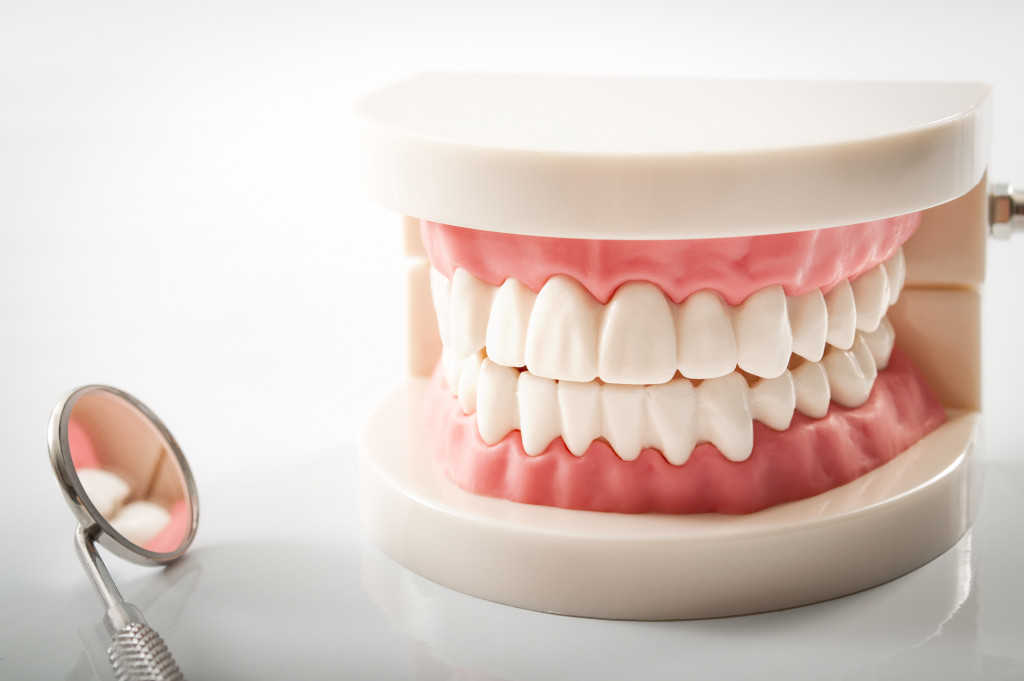• Good oral hygiene helps maintain overall health and prevent systemic diseases.
• Poor oral hygiene weakens the immune system and can cause muscle and joint pain, making exercise difficult.
• Exercise helps regulate blood sugar levels, lowers stress, and increases circulation to the gums for better nutrient access.
• Developing good habits such as brushing twice a day and flossing daily are key for physical and oral health.
• Exercise at least 30 minutes every day to improve circulation, regulate blood sugar levels, and fight gum disease.
Living a healthy lifestyle means taking care of both the body and the mind. But did you know there is a connection between oral health and physical fitness? Many studies have shown that one’s oral health can affect the rest of the body and vice versa. Here’s an overview of how these two seemingly unrelated elements of wellness are connected.
The Impact of Oral Health on Physical Fitness
Good oral hygiene is essential for maintaining overall health. This is because oral health problems can lead to systemic issues, such as inflammation and infection. Inflammation of the gums leads to bacteria entering the bloodstream, which in turn can cause heart disease, stroke, diabetes, and other serious conditions.
Poor oral hygiene is also linked to a weakened immune system that struggles to fight off infections. This can cause more severe illnesses and make it difficult to recover from physical activity.
On top of that, people with poor oral health may be more likely to suffer from muscle and joint pain due to the release of toxins from impacted teeth and gums. This can make it difficult for them to exercise regularly and keep up their physical fitness routine.

Physical Fitness Impacts on Oral Health
Just like good oral hygiene impacts physical fitness, the latter also affects the quality of one’s oral health. Exercise helps regulate blood sugar levels, which has been proven to decrease the risk of periodontal (gum) disease.
Additionally, studies have shown that exercising regularly can lower stress levels, helping reduce inflammation caused by gum disease and other dental conditions associated with stress, such as bruxism (grinding teeth).
Finally, exercise increases circulation throughout the body, and this includes the gums — improved circulation means better access to nutrients needed for healthy gums and teeth! It seems simple, but it’s true — keeping active can keep your teeth healthy!

What You Can Do To Improve Both Oral and Physical Health
The good news is that you can take many easy steps to improve your oral and physical health. You don’t even have to hit the gym or drastically change your diet. Here are some examples:
1. Make oral cleaning a habit.
Brush your teeth twice a day and floss at least once a day. This will help remove plaque, bacteria, and food particles that can cause inflammation of the gums. To stay on track, set a reminder on your phone or make a habit of brushing after meals.
2. Visit your dentist regularly.
Regular check-ups with your dentist are key to maintaining good oral health. Your dentist can identify any potential problems early, allowing you to take preventive measures and avoid serious issues in the future.
3. Correct any oral health issues immediately.
If you are experiencing oral health problems, such as a toothache or bleeding gums, visit your dentist immediately. If the issue is more serious, like advanced periodontal disease, it’s best to consult with an oral surgeon for a personalized treatment plan. They’ll be able to identify the best steps to take for oral health recovery.
4. Eat a balanced diet and keep hydrated.
Eating a balanced diet rich in vitamins and minerals and drinking plenty of water throughout the day will help provide your teeth and gums with the nutrients they need to stay healthy. Sugar and acidic foods can lead to dental decay, so it’s best to avoid these if possible.
5. Exercise regularly.
Finally, make sure you spend at least 30 minutes a day exercising. This will help regulate your blood sugar levels and reduce inflammation caused by gum disease. It will also improve circulation throughout the body for healthier gums and teeth.
It’s clear that there is a strong connection between physical fitness and oral health — when one improves, so too does the other. If you want to live a healthier life overall, then make sure both areas are taken care of. Brush twice daily with fluoride toothpaste, floss every day, and visit your dentist regularly for check-ups so any problems can be identified early on. Remember — it’s never too late to start taking better care of yourself. When you work towards improving your overall physical well-being through proper dental care and exercise habits, you will reap great rewards in terms of greater energy levels and better quality of life. So get up off your couch today — your teeth will thank you for it later.

